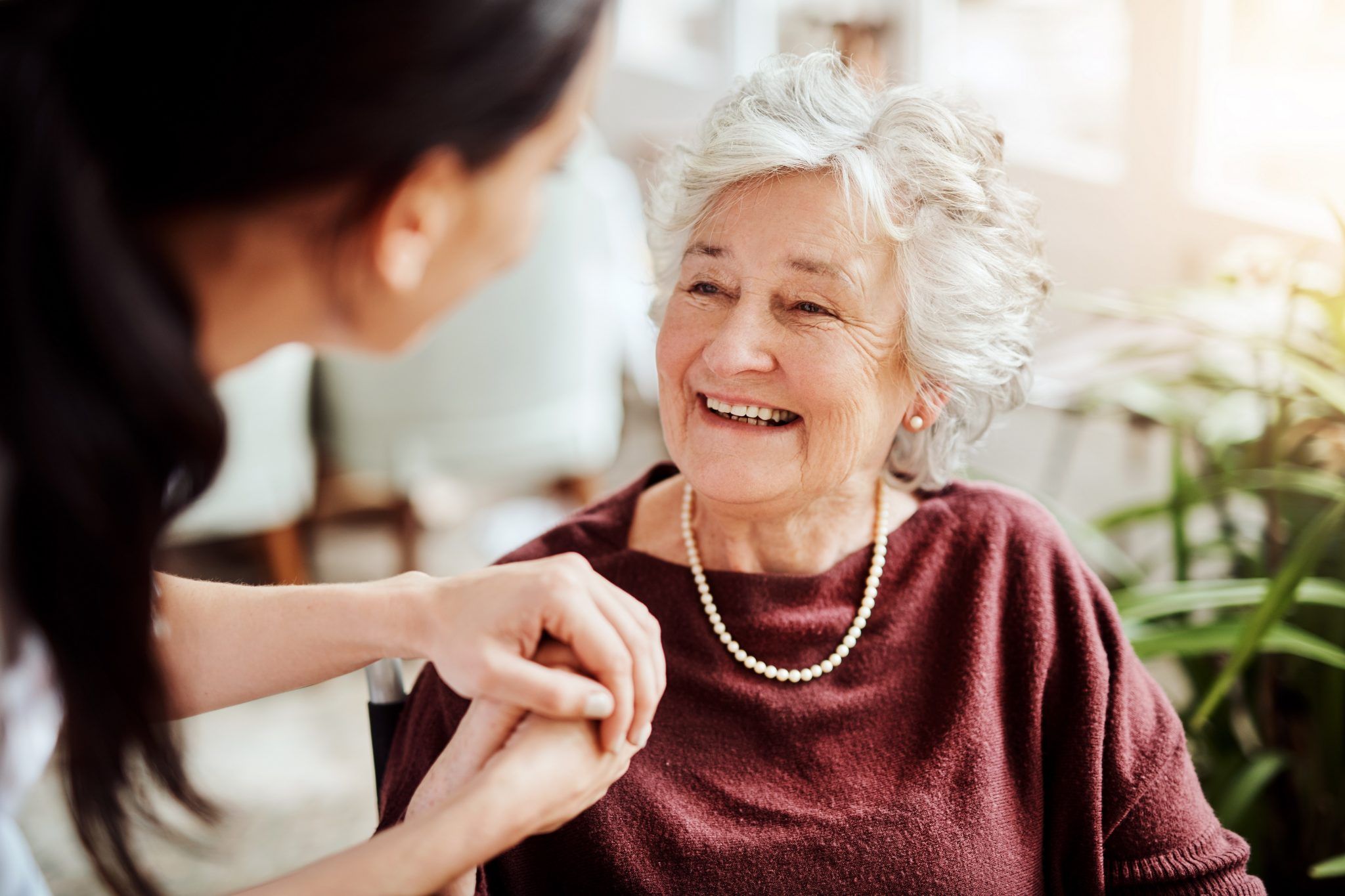Learn the facts about Parkinson’s…
According to studies 20-40% of people with Parkinson’s also have dementia
What do we know about Parkinson’s?
Parkinson’s is a progressive neurological disorder that affects the central nervous system and can cause uncontrollable movements such as tremors, shaking and stiffness. This means it causes problems in the brain and over time it impairs a person’s balance and coordination making it difficult to carry out everyday activities without help.
Parkinson’s and dementia
There are two types of dementia that can affect people with Parkinson’s called Parkinson’s dementia and dementia with Lewy bodies. Both types of dementia are a result of nerve cells in the brain becoming damaged and eventually dying, and causing symptoms such as problems with memory, communication, thinking and having mood swings.
Parkinson’s dementia develops in some people a year after being diagnosed with the condition. As the brain changes caused by Parkinson’s spread to other areas in the brain, the person will start experiencing changes in mental function.
Symptoms of Parkinson’s dementia include:
- Memory and thinking problems such as forgetfulness, difficulty concentrating and following conversation
- Sleep disturbance
- Appetite change
- Losing interest in activities you used to enjoy
- Experiencing anxiety, depression and feeling agitated.
Dementia with Lewy bodies (DLB) is one the most common types and shares similar traits to other forms of dementia. DLB is associated with abnormal deposits of a protein called alpha-synuclein in the brain. These deposits, also know as Lewy bodies (named after the German doctor FH Lewy who first identified them in 1912) are key protein markers to identify and signify the onset of dementia with Lewy bodies..
The precise cause of DLB is unknown however scientists have linked the accumulation of Lewy bodies with the loss of certain neurons (nerve cells) in the brain which act as important chemical messengers.
Some of the symptoms of DLB include:
- Visual hallucinations, sometimes hearing and smelling things were are not present
- Unpredictable changes in concentration, incoherent thinking
- Severe loss in mental function leading to difficulty with language and numbers and memory loss
What causes Parkinson’s?
Parkinson’s is caused by a loss of nerve cells in a part of the brain called the substantia nigra. In this part of the brain the nerve cells are responsible for producing a special chemical called dopamine which acts a messenger between the brain and the nervous system which helps coordinate body movements.
If the nerve cells become damaged or die then this reduces the amount of dopamine produced. As a result, parts of the brain which control cannot function fully causing movement to become slow and abnormal.
It is not yet known what causes Parkinson’s to occur, but several factors play a key role including:
- A person’s genes. Researchers have identified specific genetic changes that can increase a person’s chances of developing Parkinson’s. Parents passing faulty genes to children can increase the chances of developing the condition in later life however cases of Parkinson’s inherited this way are very rare.
- Environmental factors. Exposure to toxins may increase the chances of developing Parkinson’s but the chances are minimal.
- Younger people rarely develop Parkinson’s with the disorder affecting adults 60 years or older.
- Research shows men to have a greater likelihood of developing this.
Recognising the early symptoms of Parkinson’s
In the early stages of Parkinson’s a person may just have slight tremors in the one hand. They will have reduced facial expressions and walk quite stiffly with little or no swing in their arms. You will also notice a slight slurring in their speech and a softening in their tone of voice as the disorder starts progressing.
Caring for a loved one with Parkinson’s
When caring for a loved one with Parkinson’s one must remember that not everyone will display the same symptoms, and they won’t also display these symptoms in the same way. You may find that at the initial stage of Parkinson’s they may not need any practical help. However, an important point here is that it can be difficult for the person to ask for help, even if they do require it.
One of the side effects of Parkinson’s medication can be impulsive and compulsive behaviour. Though only a small number of people may experience this it can have a big impact on family members and carers. This type of behavioural change may include addictive gambling, increased levels of eating and excessive or impulsive shopping or an increase in sexual thoughts and feelings.
Sometimes people who experience this kind of behaviour may not realise they have a problem or how it may be affecting others around them. They may even become reclusive so it is important for dedicated carers to be observant of anything unusual.
Here are some practical tips on how to become a better caregiver:
Be honest with each other
One of the pitfalls of becoming a carer for a loved one is adopting a ‘nurse’ attitude whilst the other is demoted to ‘patient’. This often happens automatically, however it can be counter-productive and even become harmful especially if the caregiver takes on responsibilities which the person with Parkinson’s is capable of doing.
Educate yourself
Get to know the symptoms and how to recognise them to detect the early signs of parkinson’s and dementia. Learn how to soothe the symptoms for a loved one by remaining calm and listening. Parkinson’s is a very complex cindition and what works for one person may not work for the next.
Be observant
Watch for changes in symptoms, abilities and moods. You should also carefully note your loved one’s changing abilities, especially after changes in medication or therapy. A person with Parkinson’s may be able to do plenty that he or she did before, such as working, doing things around the house, going out with you or with friends, and undertaking normal activities.
THE CINNAMON DEMENTIA STRATEGY
- A team that is trained in the fundamental principles of dementia care and led by a dementia specialist
- Care that celebrates the uniqueness of every individual
- Daily activity and living experiences that are geared to the people we are caring for, and which represent their life’s journey
- Personal and shared living spaces that are homely, comfortable and reflect the personalities that live there
- A pleasurable dining experience that is built around the needs and preferences of every individual
- Support to family and friends so that they can understand and participate in the care that we deliver
- Ongoing development of the way we do things; working with professionals to keep in touch with research and innovation
- Supportive, compassionate care until end of life
Find out about our person-centred Dementia Care at Cinnamon.
Reference:
Parkinsons.org.uk | NHS.UK | Alz.org


